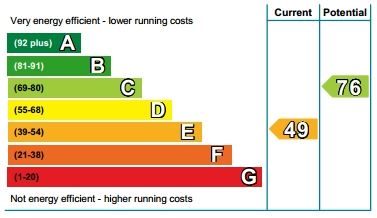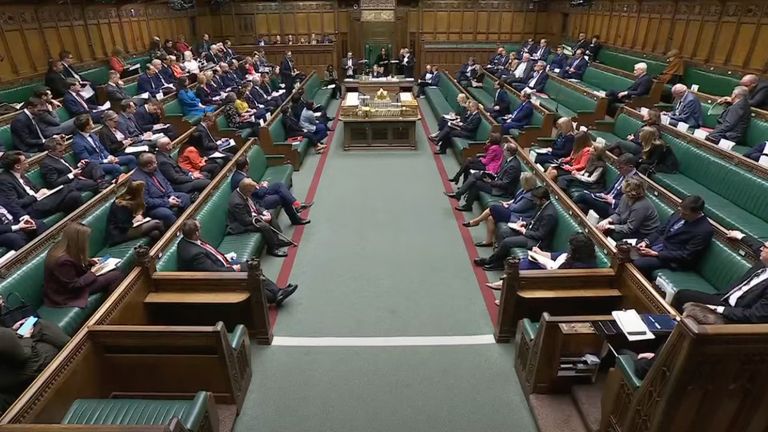The energy performance of a home is now central to buyers’ decision-making, according to research by Knight Frank.
In a recent survey by the company, 35% of respondents said rising energy costs would influence their decision to buy a more energy efficient home in the future.
“While environmental concerns are a consideration for many home buyers, it is the record-breaking cost of energy that is dominating most buyers’ thinking at present,” said Chris Druce, senior research analyst at Knight Frank. “Although wholesale energy prices are expected to fall back later this year, it is unlikely that buyers’ mindsets will change quickly,” he added.
The prospect of future environmental regulations affecting the value of inefficient homes was the second most popular response in the Knight Frank survey, polling 20%, while 18% of respondents stated a preference to own a greener home – and, if necessary, would pay more for it.
The survey also found that more than three-quarters of people (76%) thought having access to an electric vehicle charging point was either more or equally important compared with a year ago.
Despite the government’s stated ambition to upgrade all homes to an Energy Performance Certificate (EPC) rating of C by 2035, more than half of existing houses carry a rating of D or below.
When asked what improvements homeowners plan to make to improve the energy efficiency of their homes, half cited energy-efficient lightbulbs. More substantive measures included fitting double or triple glazing, draught-proofing and loft or roof installation, all of which polled 38%.
Despite the government putting heat pumps at the centre of plans to decarbonise UK households – gas boilers will no longer be fitted in new-build properties from 2025 – just 17% of survey respondents said they intended to install one. Underlining the scale of the challenge, the ONS calculated that as of March 2022, 80% of households with an EPC are using gas to power their central heating system.








